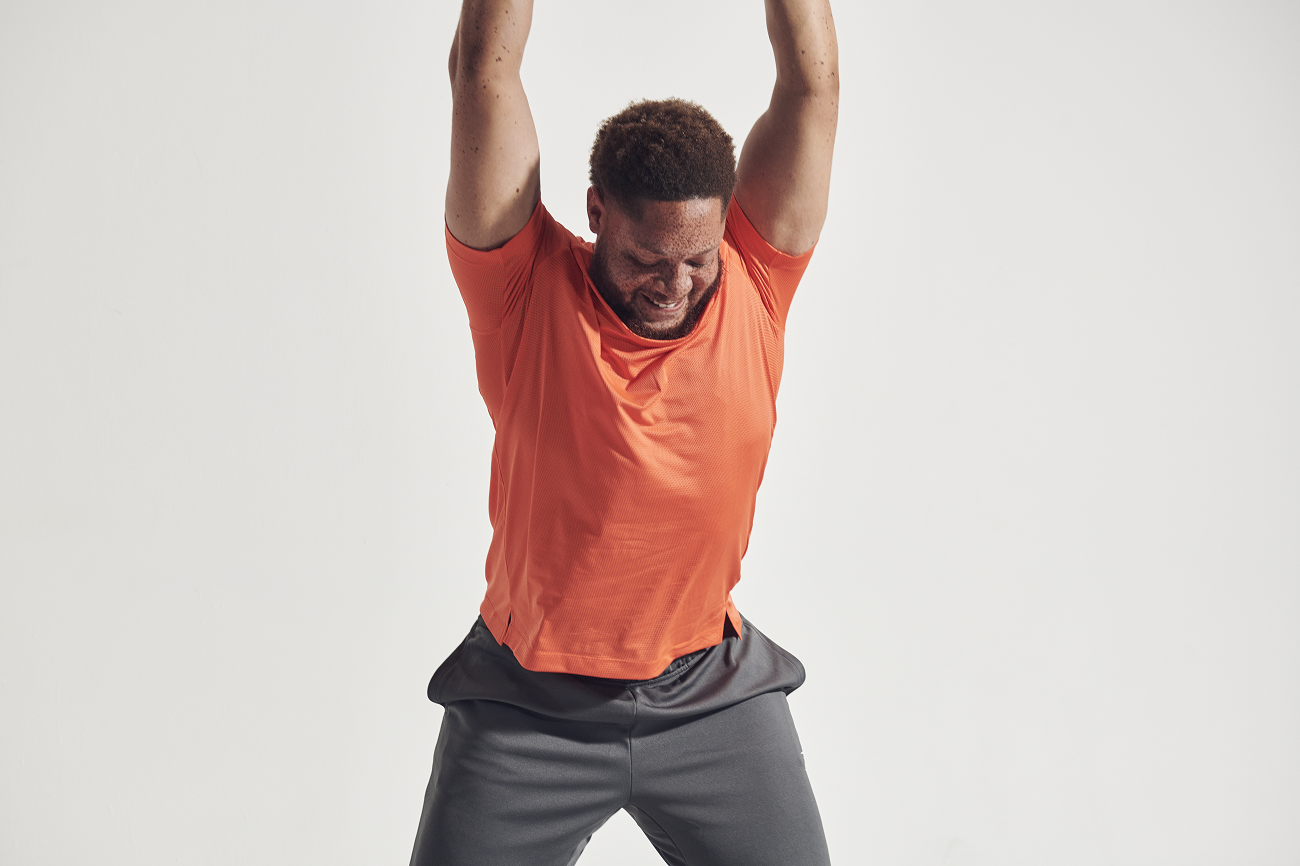Whilst a job in security doesn’t require a degree and a vast amount of the ‘real’ training occurs in the field, that doesn’t mean to say you can safely rest on your laurels and move comfortably into the role. The reality is, you must always be prepared for potential danger. So, one of the key prerequisites of a job like this is fitness and well-being.
When most of us see security guards or Door Supervisors working, we assume they’re idle most of the time. However, we seldom witness the moments of high stress, the occasions when things get hairy and the true nature of the role comes into play and they’ve had to chase that shoplifter or overcome that thug. For those who think a job in security allows you to drift off and allow the mind to wander, think again. This simply isn’t the case.
According to research studies, standing on one’s feet for a prolonged period, causes major strain to the joints and enhances muscle atrophy in – primarily – the posterior area and legs. This can cause neck pain, pain in the lower back region, hip and knee joints. So, how does one prevent this from all happening?
Here are some helpful tips that will make your shift less painful for both mind and body, because as Socrates says, ‘healthy mind, healthy body’
- Stretching – This is vital because it promotes blood flow through the muscle, increases flexibility and therefore lowers the risk of injuries and increases muscle endurance.
- Muscle Training – This is also very important because research has shown that the stronger the muscle, the healthier the joint. It doesn’t matter whether you do weight lifting or body weight training, or general resistance training, as long as it promotes muscle growth.
- Hydration – It’s widely known that drinking water is a matter of life or death. Although people nowadays involuntarily avoid drinking the appropriate amount of water each day, which is approximately 3 litres.
- Nutrition – A balanced meal will carry you along your shift and is especially vital for a demanding job that can potentially require a hyper-activation of your muscles during a high-stress scenario.
But how can you implement daily fitness into those long stressful hours? The answer is body weight exercises and isometric exercises. Here are some examples!
- Planks – This exercise requires core strength and some upper body strength and is a very good solution that doesn’t require any equipment!
- Push-ups – This is widely known to be one of the most essential exercises for upper body strength.
- Wall Sit – A very good isometric exercise that requires leg endurance.
- Hip Raises – This exercise targets the posterior muscle chain from your erector spinae to the lower region of your hamstrings.
All these exercises provide healthy joints and increase injury prevention significantly. So, get training!
How to work in the security sector
If you are interested in working in the security sector, whether it be as a Door Supervisor, Security Guard or CCTV Operative, you will need to obtain a SIA Licence.
To obtain a SIA Licence, you will need to complete a course. Once you have completed the course, will you then be able to apply for an SIA Licence and work in the security sector.
Looking for jobs?
To find the latest security jobs, check out our Jobs Board, which has 1,000+ jobs from the UK’s best security companies.
If you’re on the hunt for a security job on the go, download the GuardPass app for all the latest jobs and more. The GuardPass App is available for download on the Apple App Store or on the Google Play Store.


